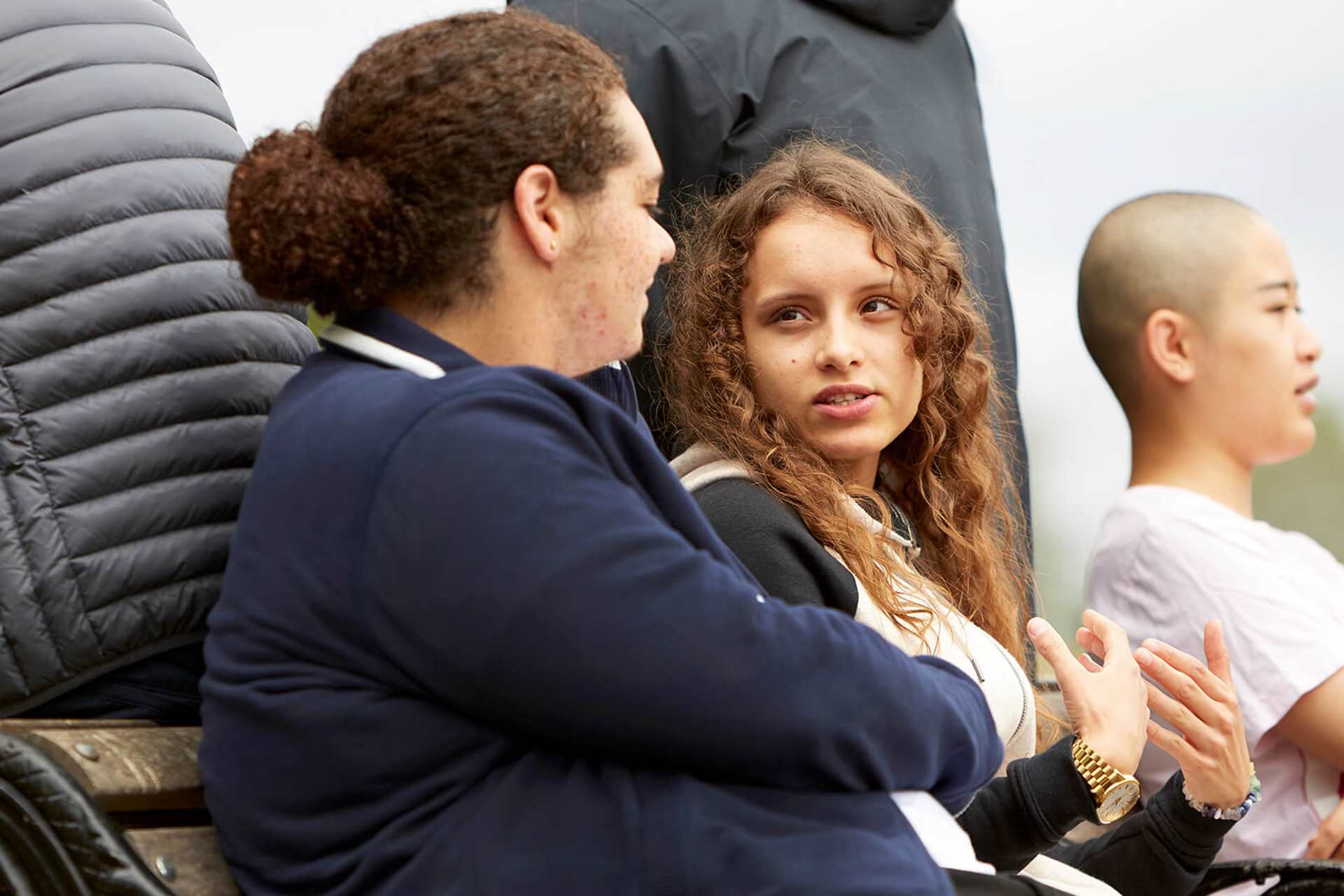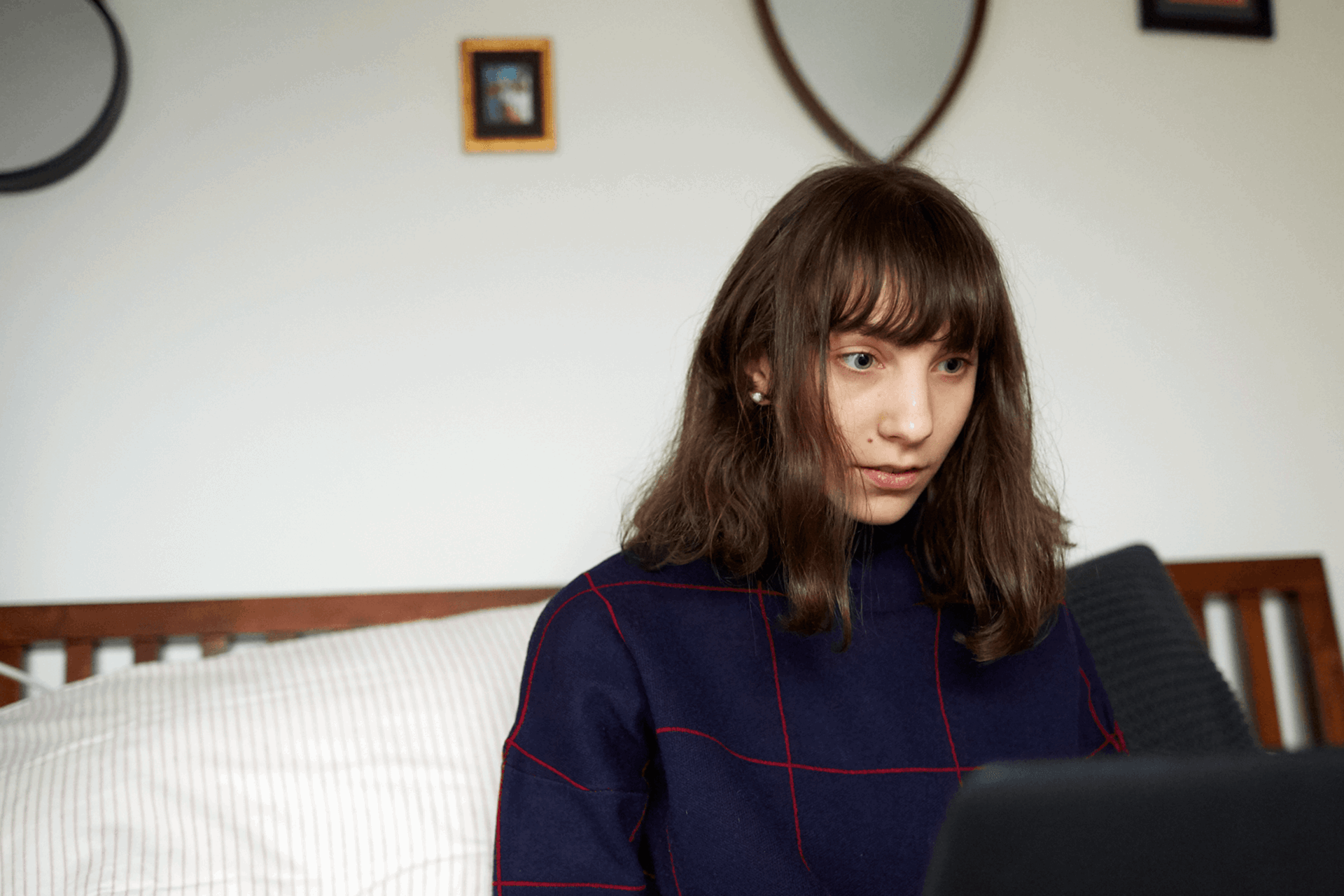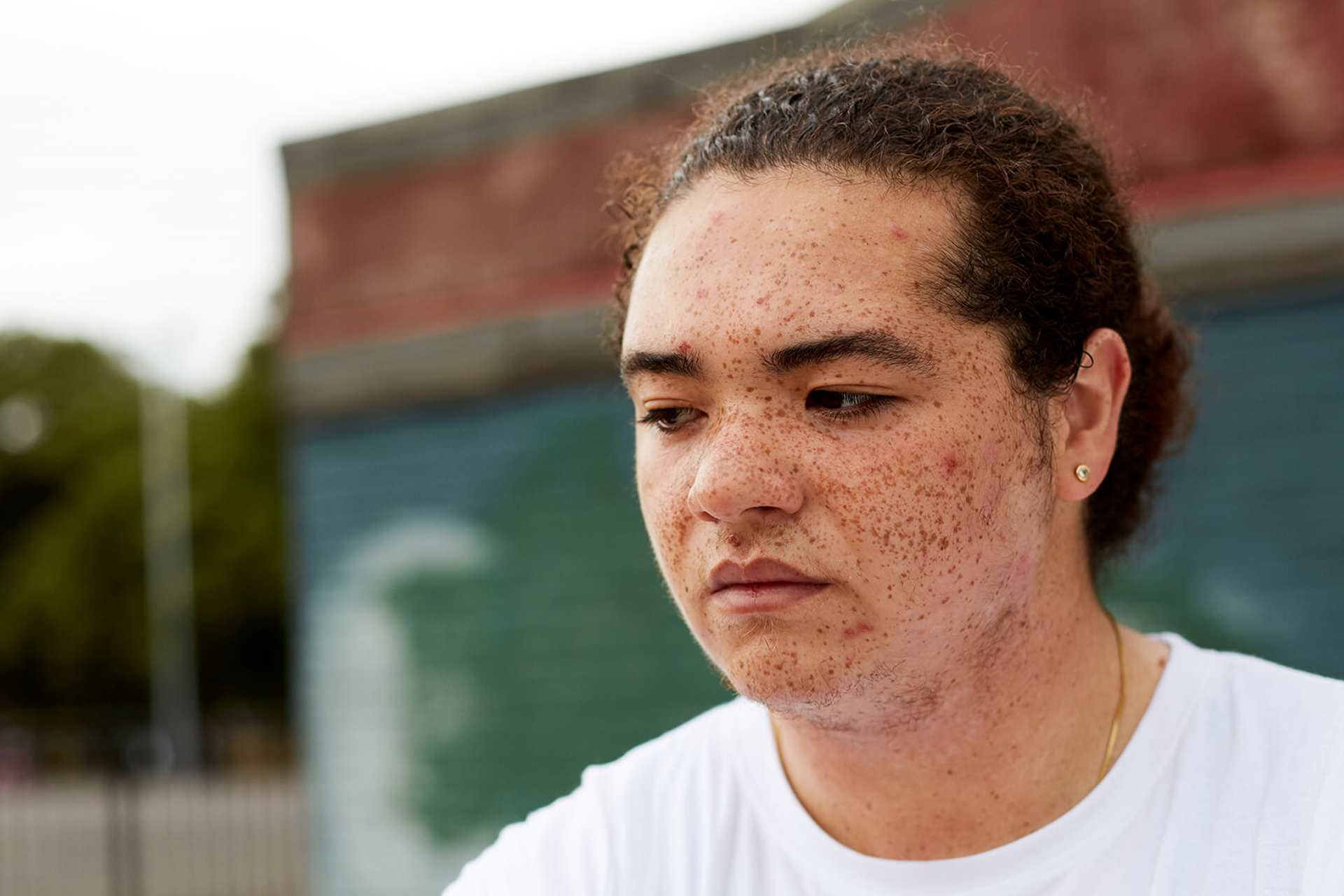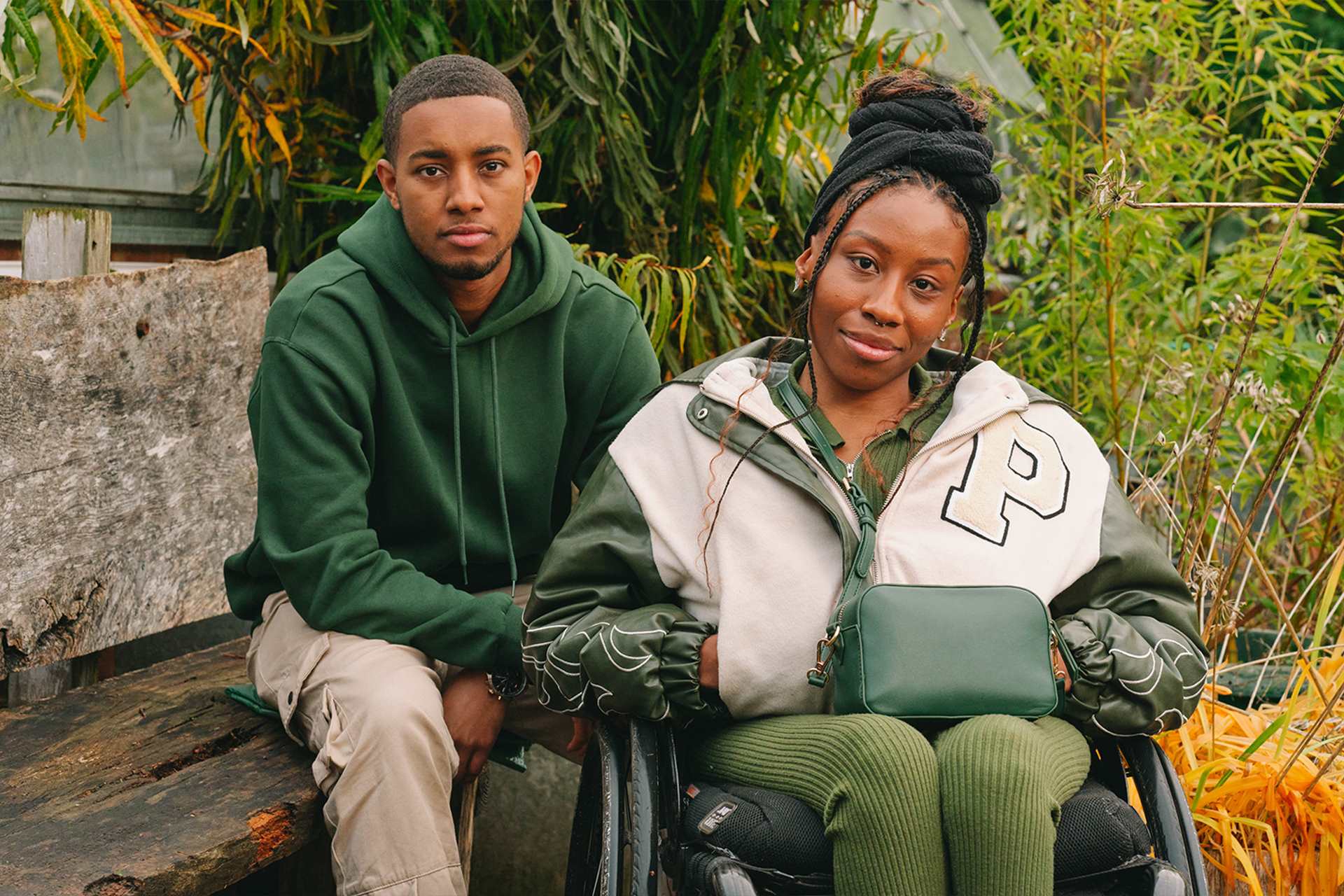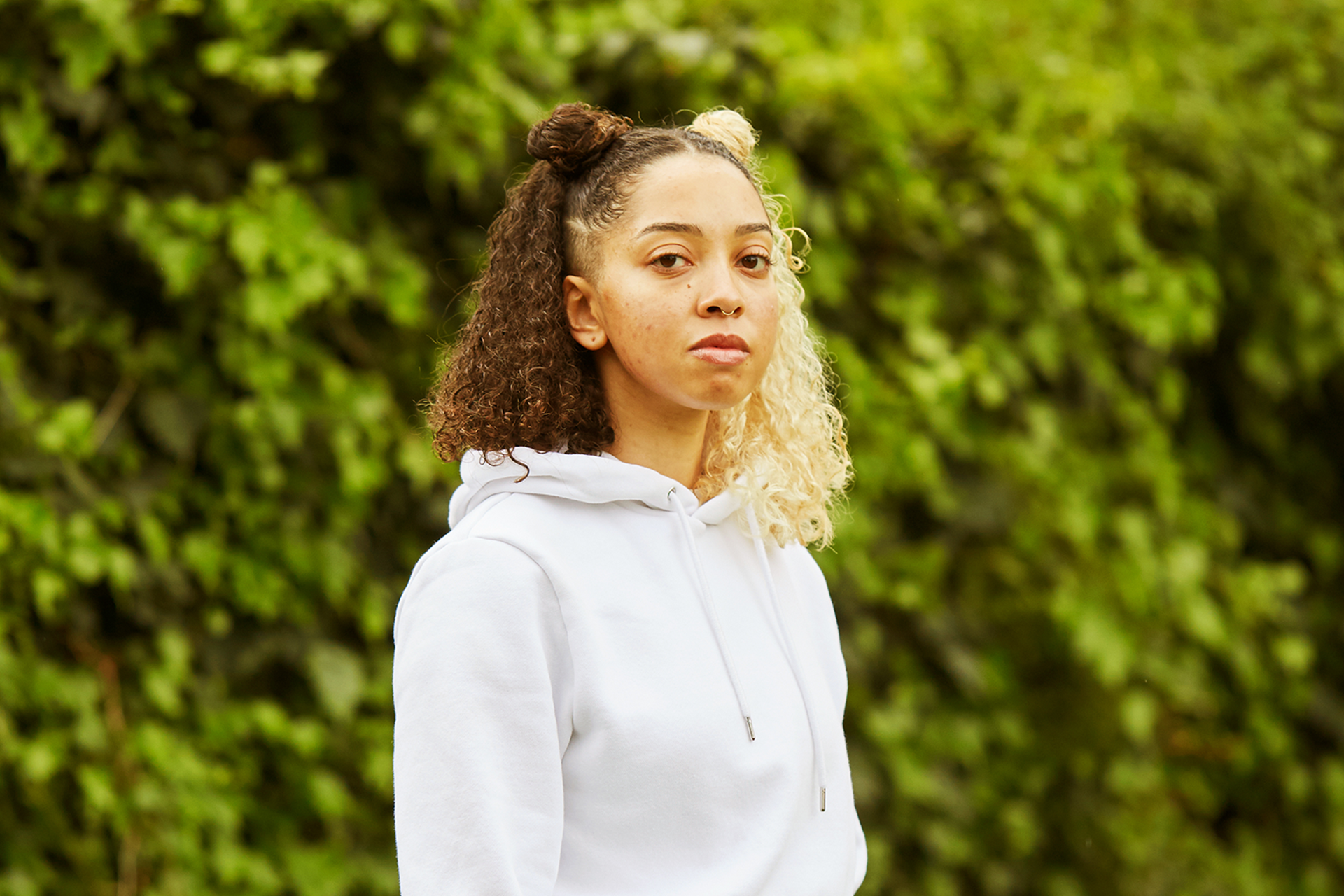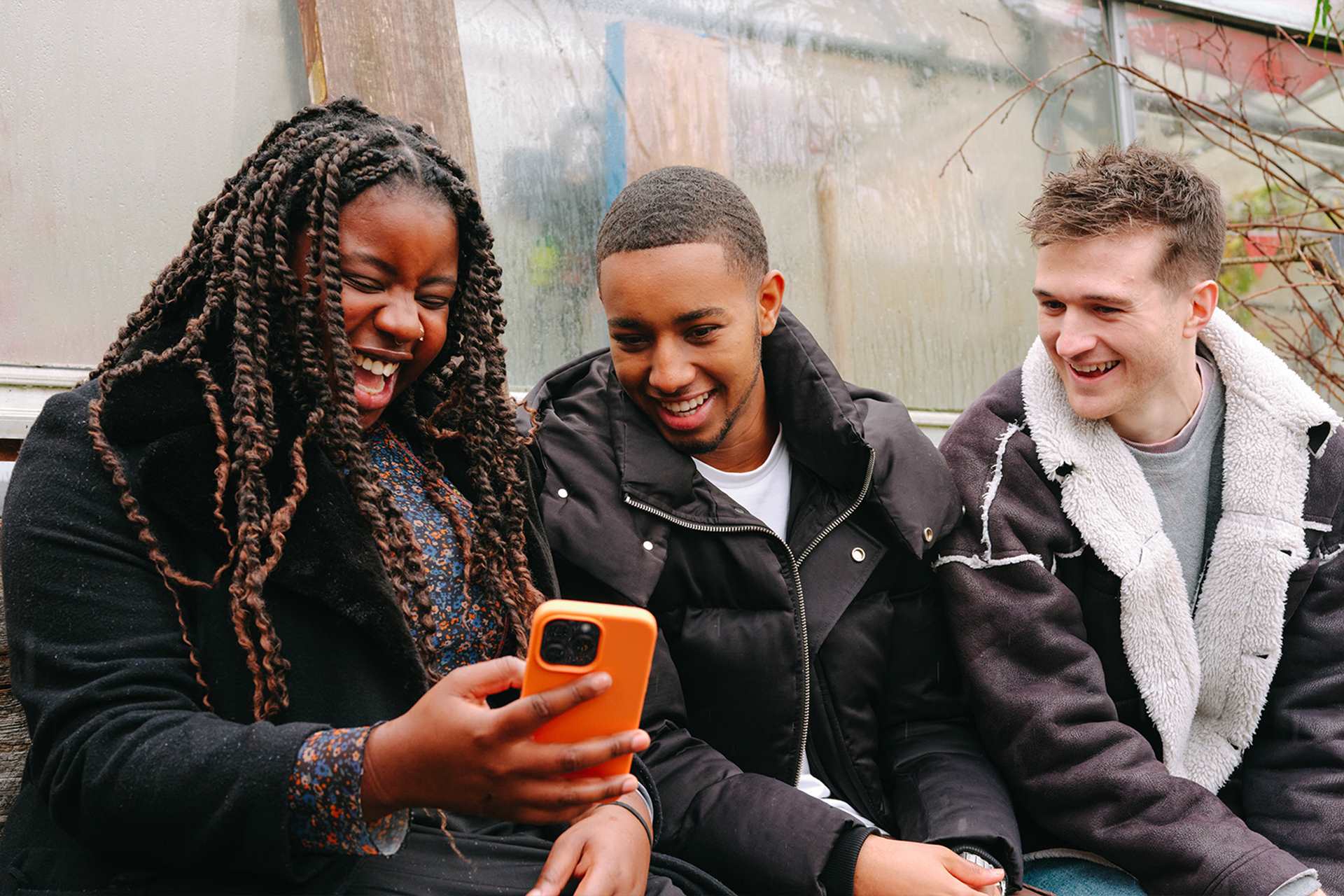Topics mentioned: disability and mental health, self-esteem, feeling out of control
About: Emily shares how she re-shaped her relationship with her cerebral palsy, moving from denial to acceptance - and how this helped her mental health.
I have always had a problem with control.
Not being able to control that I was born without the ability to walk was most definitely the catalyst that made me a perfectionist in every other aspect of my life. In my mind, I had to take back control, overwriting my identity, because I desperately didn’t want to be what I am: disabled.
As a child and young teenager, I ignored my need for a wheelchair, ignored my diagnosis of cerebral palsy. It felt justified because I hadn’t chosen to be ‘the disabled girl’. The only choice I had came when I rejected myself. I forced myself to become anything and anyone else at any cost.
In my mind, I had to take back control, overwriting my identity, because I desperately didn’t want to be what I am: disabled.
At school, I threw myself into my studies because they didn’t require physicality. I could control my grades. At the same time, this voice in my head constantly screamed: “You are still disabled Emily, despite the highest grade or ANY perfect score you can manage.”
Never enough.
My achievements were like a tiny boat JUST managing to stay afloat on the choppy waters of low self-esteem and self-loathing.
Punishing myself for something beyond my control was exhausting and made zero sense. After all, I wanted everyone else to see me positively, yet I was only ever negative with how I saw and treated myself.
"One day you’re going to wake up and want to try!" Said my mum, after I’d screamed through my endless catalogue of things I couldn’t do and the endless yet growing list of *false* excuses for why I couldn’t be independent.
Punishing myself for something beyond my control was exhausting and made zero sense.
The real reason that I “couldn’t” do anything for myself was simple: I was petrified of failure and had convinced myself that my disability rendered me worthless by definition.
I could try, I just didn’t want to.
I used my cerebral palsy as a ‘get out clause' throughout my adolescence whenever it suited me. I fed into this toxic ideology that my disability could excuse ALL bad behaviour. Laziness, unsociability, anger, irresponsibility? I was happy to define myself as disabled then, if it worked in my favour and made me unaccountable.
After I received my A-Level grades, I realised slowly that I wasn’t a kid anymore. Everybody around me was forging their path and I couldn’t even bring myself to get dressed.
Something had to change – or, should I say, someone.
I was petrified of failure and had convinced myself that my disability rendered me worthless by definition.
Now, I don’t want readers to think for a second that I had this EUREKA moment in a flash, and suddenly everything was coming up rosy; my relationship with myself and my disability took YEARS to break down, mould, reshape, and rebuild.
And guess what? I’m still working on it and I’ll probably never be finished.
The difference is this: my issues with control may still creep up, but, when they do, I identify them and do what I can mentally and physically to lessen them. I doubt I’ll ever eliminate them completely and that’s okay!
My point is: you are human. We all make mistakes, face struggles and have traits that we may dislike about ourselves, BUT it’s how - and IF - we choose to navigate ourselves through these tough times that matters.
My relationship with myself and my disability took YEARS to break down, mould, reshape, and rebuild.
In my case, self-acceptance, although painful in the moment, was the only solution to my growth. I had to confront myself and my disability head on. I could have hated myself for being disabled forever if I wanted to. Although that may sound like the easy option, in truth it would’ve got me nowhere.
So, I made errors, learned from them and made them again before I started to notice my capabilities. Instead of a failure, I was brave. Instead of unable, I was trying. Instead of ignorant, I was learning. I was growing.
Every situation you find yourself in shapes you for the better because you are not the person you were yesterday and you will be an even better ‘you’ tomorrow.
In my case, self-acceptance, although painful in the moment, was the only solution to my growth.
Focusing on my ability rather than my disability enabled me to change how I saw myself. Yes, there are things I can’t and may never do, but will they stop me from recognising the other things - the things I can do? Never.
Look at your struggle as a means for success and your life might change forever.
I am no longer ashamed to be disabled. Instead, I control the ways in which I make myself proud every single day and only my disability enables that.
More information and advice
We have tips and advice to help you find the support you need. Take a look at our guides.
Where to get help
However you're feeling, there are people who can help you if you are struggling. Here are some services that can support you.
-
Youth Access
Provides information about local counselling and advice services for young people aged 11-25.
Put in your location and what you need help with into their 'Find help' search, and see what services are available in your area.
-
Childline
If you’re under 19 you can confidentially call, chat online or email about any problem big or small.
Sign up for a free Childline locker (real name or email address not needed) to use their free 1-2-1 counsellor chat and email support service.
Can provide a BSL interpreter if you are deaf or hearing-impaired.
Hosts online message boards where you can share your experiences, have fun and get support from other young people in similar situations.
- Opening times:
- 24/7




